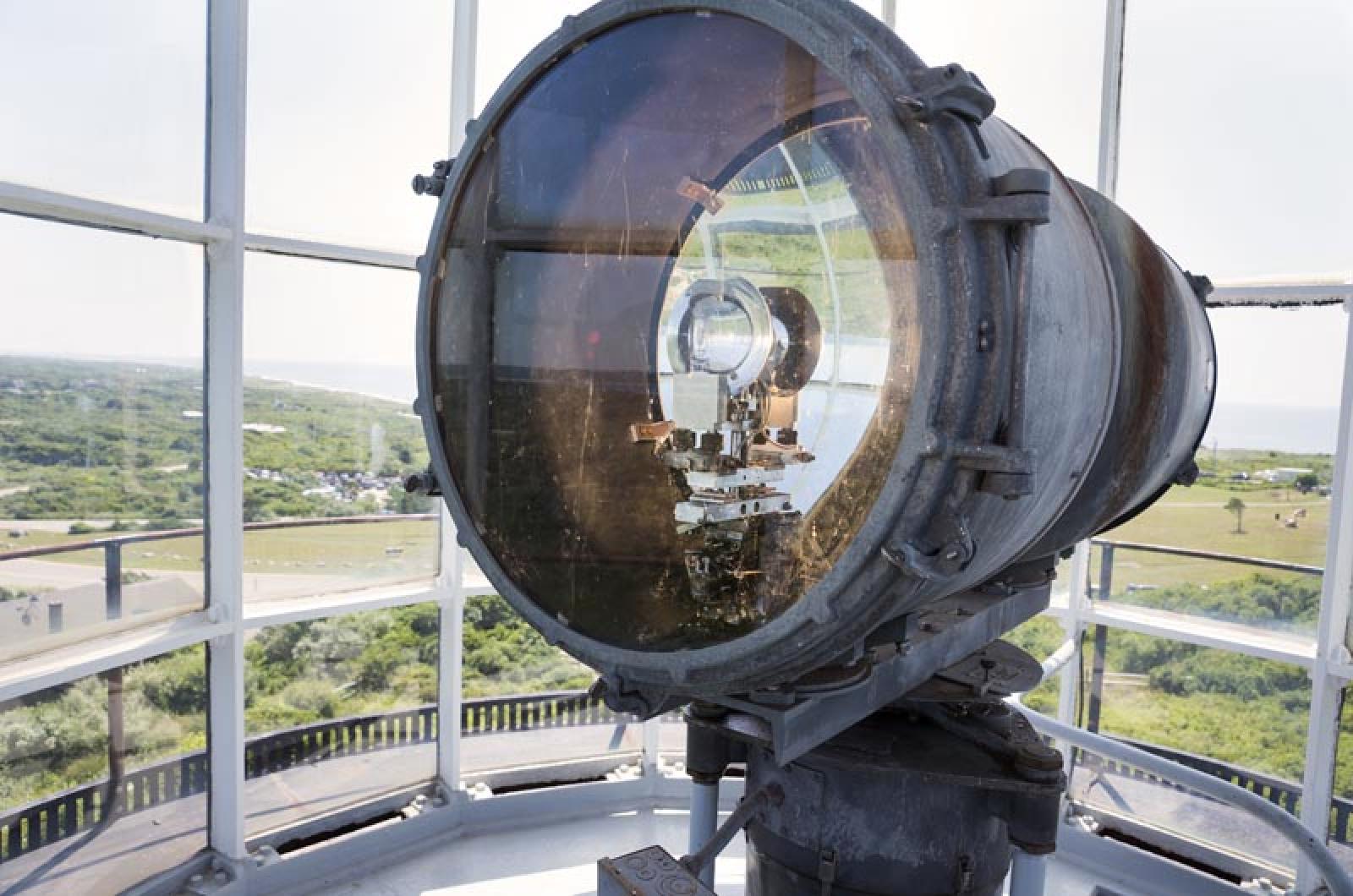The project to move the Gay Head Light will bypass a major hurdle in the regional planning process. The Martha’s Vineyard Commission decided Thursday that the project will not need review as a development of regional impact, or DRI.
The Aquinnah planning board review committee had referred the project to the MVC in September due to the archeological sensitivity of the site. But the committee had recommended that the MVC not review the project, since local, state and federal processes were already in place to protect any archeological resources.
“We feel there are more than adequate measures in place to deal with the concerns that you would have,” said Aquinnah planning board chairman Peter Temple, who attended the MVC meeting Thursday night along with town administrator Adam Wilson.
Commission members agreed.
“I agree with Mr. Temple. They don’t need our help,” said commissioner Doug Sederholm.
“It’s a clear yes,” said commissioner Harold Chapdelaine.
The decision clears the way for an intensive archeological survey to be completed, the next major step in the project to relocate the historic brick tower.
International Chimney Corporation, which has moved many historic structures, including four masonry lighthouses, is expected to begin preparing the lighthouse this fall, with the move expected in the spring.
A town bylaw on protecting historic and archaeological resources is administered by the planning board, the Wampanoag Tribe of Gay Head (Aquinnah) and the Massachusetts Historical Commission.
Because the site has state and federal recognition as a historic place, the historical commission also requires an intensive archaeological survey prior to the move.
In its new location, about 135 feet from the cliffs, the lighthouse will be safe from erosion for at least 140 years, according the United States Geologic Survey. MVC senior planner and DRI coordinator Paul Foley said Thursday that one factor in choosing the site was that it lies along a clay vein that is both stable and less likely to contain artifacts.
Public Archaeology Lab in Pawtucket, R.I., has already conducted a preliminary survey of the area, under tribal observation, and there were no significant findings. The complete survey will involve digging 20 test pits along the path of the move to identify areas of concern. Mr. Temple said that work might begin in the next month or so.
The town and the Wampanoag tribe have committed to removing any significant resources.
Protecting the historic lighthouse and the cliffs during the move also requires oversight by the Coast Guard, General Services Administration, and the National Park Service.
“So we’ve got several people with overlapping jurisdictions,” Mr. Temple said at the meeting. “The great thing is, everyone is working as a team to decide how this is going to be done.”
Public Archaeology Lab has forwarded its proposed scope of work to the Aquinnah selectmen, with a recommendation from the Gay Head Lighthouse Committee, which is working to coordinate the relocation efforts. Mr. Wilson expected it to be approved by the selectmen this week.







Comments
Comment policy »